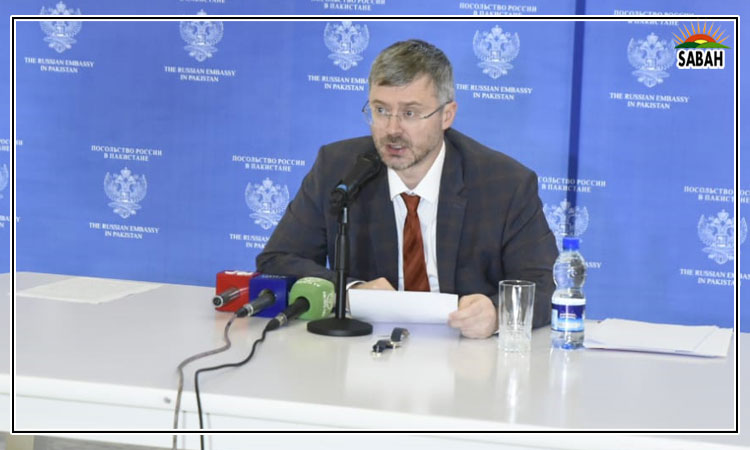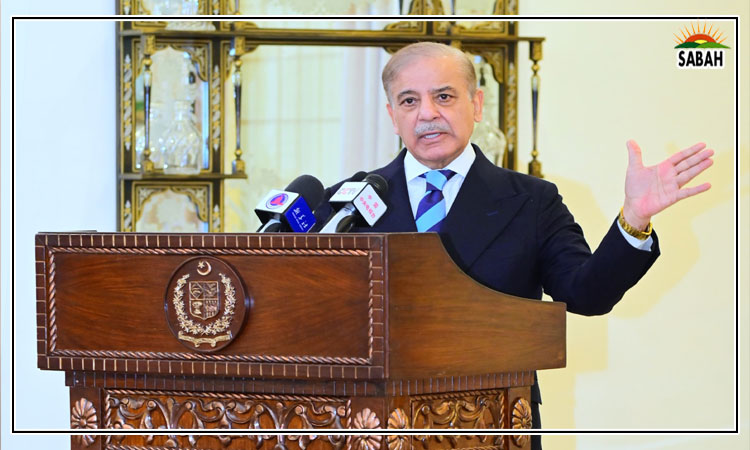The national fiscal pact …Almazia Shahzad
A new important piece in the legal domain of Pakistan’s public finance management system is the National Fiscal Pact (NFP), which reportedly all four provinces have now signed onto.
The pact will be governed by a Memorandum of Understanding, in contrast to the constitutionally binding National Finance Commission (NFC) Award. The latter has been responsible for spelling out the methodology for the distribution of fiscal resources between the federal and provincial governments.
Currently, this distribution is based on the recommendations of the 7th NFC Award that was approved in 2010. It came hand-in-hand with the 18th Amendment that devolved the responsibilities in areas of agriculture and rural development, industry, health, education and social services, from the federal government to the provinces.
The need for an NFP has arisen because the existing arrangements for the allocation of fiscal resources between the two tiers of government have not been working, and political divisions have militated against any conclusive revisions in the NFC Award. Taxes collected by the federal government, mainly on income including corporate taxes, sales tax on goods, excise and export duties, royalties, surcharges or levies on the use of natural resources etc, form a pool divisible among the four provinces and the federal government itself in a ratio of 57.5 and 42.5 per cent, respectively.
The real trouble is that, while the NFC distribution of financial resources has been implemented, the financial liabilities associated with the additional functions have neither been fully taken over by provincial governments nor fully passed on by the federal government as intended. Given that the 18th Amendment granted provinces higher taxing powers, they have performed poorly in collecting taxes from areas under their purview, especially in the case of agriculture, real estate, and retail and wholesale trade. Instead, they have relied on transfers from the federal government to finance their expenditures.
Around 80 per cent of tax revenue sources for Punjab and Balochistan are transfers from the federal government, as are 70 per cent for Sindh and Khyber Pakhtunkhwa, with the majority burden of revenue generation befalling the federal government, which contributes about 92 per cent to the total tax revenue.
To meet its expenditures after the fiscal transfers, the federal government has persistently resorted to domestic and foreign borrowing, resulting in a mounting public debt and servicing burden and recurring instances of near bankruptcy. However, it must be noted that the federal government continues to retain a lot of functions in terms of expenditure, like education, health and climate change, that have been transferred to provinces.
It is only reasonable that Pakistan’s public finance management system is revisited. The NFP urges provinces to increase taxation efforts in undertaxed sectors through administrative and legislative reforms to expand revenue collection. Keeping in view the high level of informality in our economic activities, particularly in agriculture, property, retail and wholesale trade, the incidence of tax evasion is high. The revenue contributions to the GDP from these sectors are disproportionate, with the formal sector, including manufacturing and professional services, bearing a heavier tax burden, creating an unfair tax system.
On the expenditure side, the NFP emphasises reorienting the expenditure patterns, mainly calling on the federal government to reduce its participation in areas pertaining to the provinces. Overlapping programmes and resulting dual spending increase inefficiencies. Historically, much of the federal government’s expenditures have been populist, characterised by short-term policies aimed at retaining central control and demonstrating performance. The latter unfortunately is limited to the figure of GDP growth, which the governments have been able to inflate through a distortive system of subsidies, incentives and concessions to specific activities and sectors, including for loss-making state-owned enterprises.
These interventions by the government have instead led to resource misallocation, reduced competitiveness, innovation and therefore productivity. The federal government’s spending spree in the past has been facilitated by its control over monetary policy.
Critics of the IMF programme design, especially those that consider the stabilisation approach to be demand depressing and inconsiderate of growth trade-off, must recognise that our growth has been government-led, achieved artificially, driven by consumption-oriented demand. This is where the corrective mechanism should be implemented. Austerity measures for the government open up space for private sector engagement; investment and productivity are where long-term growth comes from.
Contrary to what some might perceive, the NFP is not negating the NFC Award; rather it is an attempt to implement it in letter and spirit. To facilitate the transition of fiscal responsibilities, provinces need to develop the capacity to manage the devolved subjects under the NFC.
The federal and provincial governments agreed on the arrangement of a provincial surplus for the duration of the transition period. The surplus was to be used by the federal government as a revenue source in its budget. Fourteen years on, we still seem to be in the transition phase.
The provinces must now take responsibility for what is theirs: mobilising resources to promote growth, development and social welfare. Transfers from the federal government must not be treated as free cash and spent on another round of subsidies and concessions to keep constituents happy. The NFP envisions binding provinces to their role by introducing minimum consolidated net tax revenue targets.
This is all textbook and little debate is needed. Public finance management reforms need to come swiftly and promptly, for we have bigger issues to pay attention to. We need to preserve fiscal space for spending on priority areas – like climate adaptation and mitigation.
Courtesy












